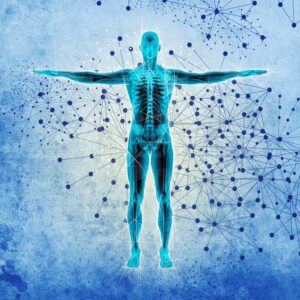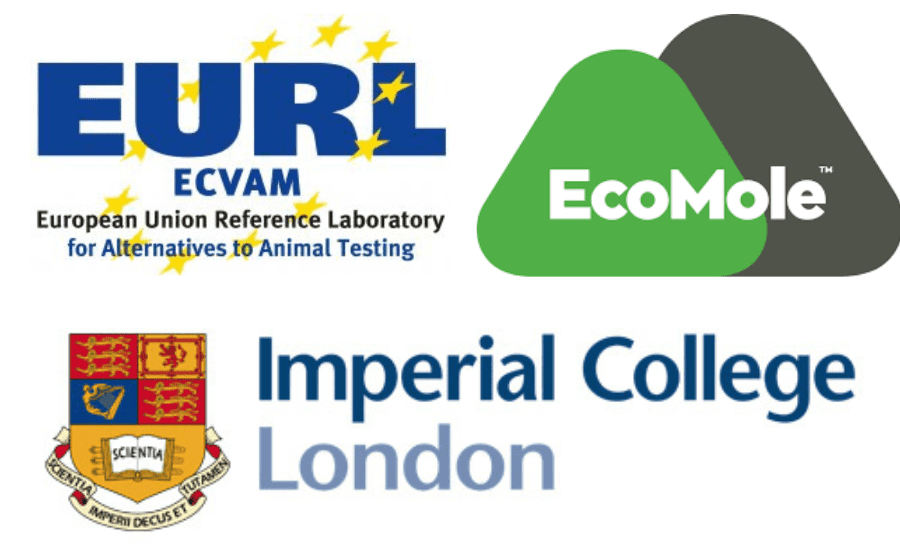Toward a human-focus paradigm in health research
 The Biomedical Research for the 21st Century (BioMed21) Collaboration initially grew out of a 2015 review publication authored by a diverse group of eminent scientists who recognized the translational limitations of the current paradigm in biomedical research and drug discovery built on animal models, and the need for change.
The Biomedical Research for the 21st Century (BioMed21) Collaboration initially grew out of a 2015 review publication authored by a diverse group of eminent scientists who recognized the translational limitations of the current paradigm in biomedical research and drug discovery built on animal models, and the need for change.
Our international team of scientists, policy specialists and communication experts are passionate about scientific progress. Whilst the past century has seen life-changing scientific developments in several areas of biomedical research, we know there is more work to be done. Emerging infectious diseases are on the rise, cancer rates and mental health disorders are rapidly increasing, and there remains health conditions that have no effective treatments, let alone cures. We believe that the development and integration of New Approach Methodologies (NAMs) such as microphysiological systems, computational methods, and bioprinting can offer researchers new and powerful tools to tackle the major human health challenges of this century, whilst putting science on a path to eliminating the use of animals in laboratories.
Biomed21s long-term vision will benefit many. Patients of today and tomorrow can be supported through our attainable policy goals, scientific and educational projects, publications, and funding. The benefit to animals is also considerable, as increased use of NAMs in biomedical research will lead to a decline in the number of animals in research laboratories.
Respect, dialogue, and inclusion of diverse viewpoints are core values of the BioMed21 Collaboration, and we work in partnership with academic institutions, governments, charities, agencies and the corporate sector to reach our goals.
Collaborations — We’re building exciting new partnerships around scientific projects with academic, corporate, research funding, and other stakeholders to advance our shared vision.
Funding reviews — We’re supporting open-access publication of independent scientific reviews across a variety of human diseases, with recommendations for new research directions and opportunities utilizing the growing toolbox of 21st century, human-specific tools and technologies.
International workshops — We’re stimulating strategic scientific dialogue on regional and global levels, bringing key stakeholders together to explore and develop consensus recommendations around barriers, opportunities, and priorities for future research funding.
Policy advice — We participate in policy debates about the future of health research through reports and recommendations in the regions where we are active: Europe, Canada, Brazil, India and South Korea.
Share this:
- Click to share on X (Opens in new window) X
- Click to share on Facebook (Opens in new window) Facebook
- Click to share on LinkedIn (Opens in new window) LinkedIn
- Click to email a link to a friend (Opens in new window) Email
- Click to print (Opens in new window) Print
- More
- Click to share on Reddit (Opens in new window) Reddit
- Click to share on Tumblr (Opens in new window) Tumblr
- Click to share on Pinterest (Opens in new window) Pinterest
- Click to share on Pocket (Opens in new window) Pocket
- Click to share on Telegram (Opens in new window) Telegram
- Click to share on WhatsApp (Opens in new window) WhatsApp



